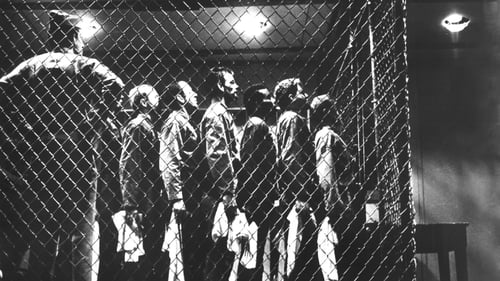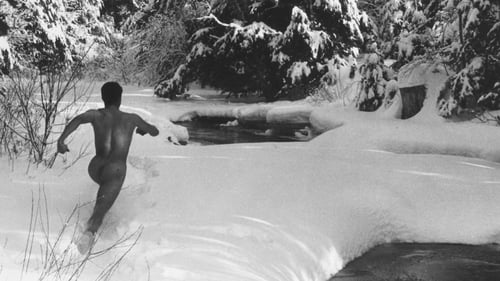David C. Stone
Nascimento : 1932-12-30,
Morte : 2011-04-30
História
David Stone, played significant roles both in radical US film-making of the 1960s and in Britain's golden age of arthouse cinemas in the 1970s. In 1974, David and his wife, Barbara, acquired the former Classic cinema, at Notting Hill Gate, West London, which they transformed and renamed the Gate. They opened their own distribution company, Cinegate, whose first acquisition was three films by the young German director RW Fassbinder: The Merchant of Four Seasons (1971); The Bitter Tears of Petra von Kant (1972); and Fear Eats the Soul (1974). The first Fassbinder films to be shown in Britain, these brought the Gate instant critical and box-office success at its opening in September that year. The Gate often enjoyed success with films others had passed over, including La Cage Aux Folles (1978), and Woody Allen's Annie Hall (1977) and Manhattan (1979). Derek Jarman's Sebastiane (1976), with Latin dialogue and subtitles, had queues around the block for six weeks. They brought over the young bodybuilder star of Pumping Iron (1977), Schwarzenegger, who posed with David for the cover of Time Out, and stated, accurately, that he was going to be "bigger than Stallone". There were occasional run-ins with the censors, notably with the Japanese film In the Realm of the Senses (1976). For this, the Gate was temporarily turned into a club, and the Stones manned the box office in case of sudden police intervention. In 1978 they opened the Gate 2 in Brunswick Square and in 1981 Gate Camden in the beautifully restored art deco Camden Odeon. Their Victorian Gothic house in Phillimore Place became a regular Saturday night at-home for international film artists, who might include Bertolucci, Scorsese, Jonathan Demme, Richard Eyre, Wallace Shawn, Robert Kramer, Agnès Varda or Anouk Aimée. Through the brothers Jonas and Adolfas Mekas, the focal figures of New American Cinema, the Stones met and befriended many young avant-garde directors and organised a programme of their films for Spoleto. These proved a revelation to the Italian film-makers, including Visconti, Antonioni and Pasolini, who flocked to see them. David produced Adolfas Mekas's first film, Hallelujah the Hills (1963), and Jonas Mekas's record of the Living Theatre stage production of The Brig (1964), an unsparing picture of life shot surreptitiously in a US Marines jail. It took the prize for best documentary feature at the Venice festival. David's strength as producer was that no one could ever say no to him. He produced three quickly-made features by Joe Sarno, a pioneer of sexploitation films and today a cult figure for academia; and Robert Kramer's Ice (1970), a key work on radical action of the period. Later he also produced Kramer's Milestones and Scenes from the Class Struggle in Portugal. A more personal undertaking was his friend Jerome Hill's autobiographical Film Portrait. The Stones passed from production to direction when they were invited by the Cuban film organisation ICAIC to direct a documentary, Compañeras y Compañeros (1970). David subsequently helped organise the Venceremos brigades - parties of young American enthusiasts who went on working trips to Cuba. The FBI's files on the Stones were growing. Their phones were tapped and, conscious of police surveillance, they chose to move to London in 1971.


